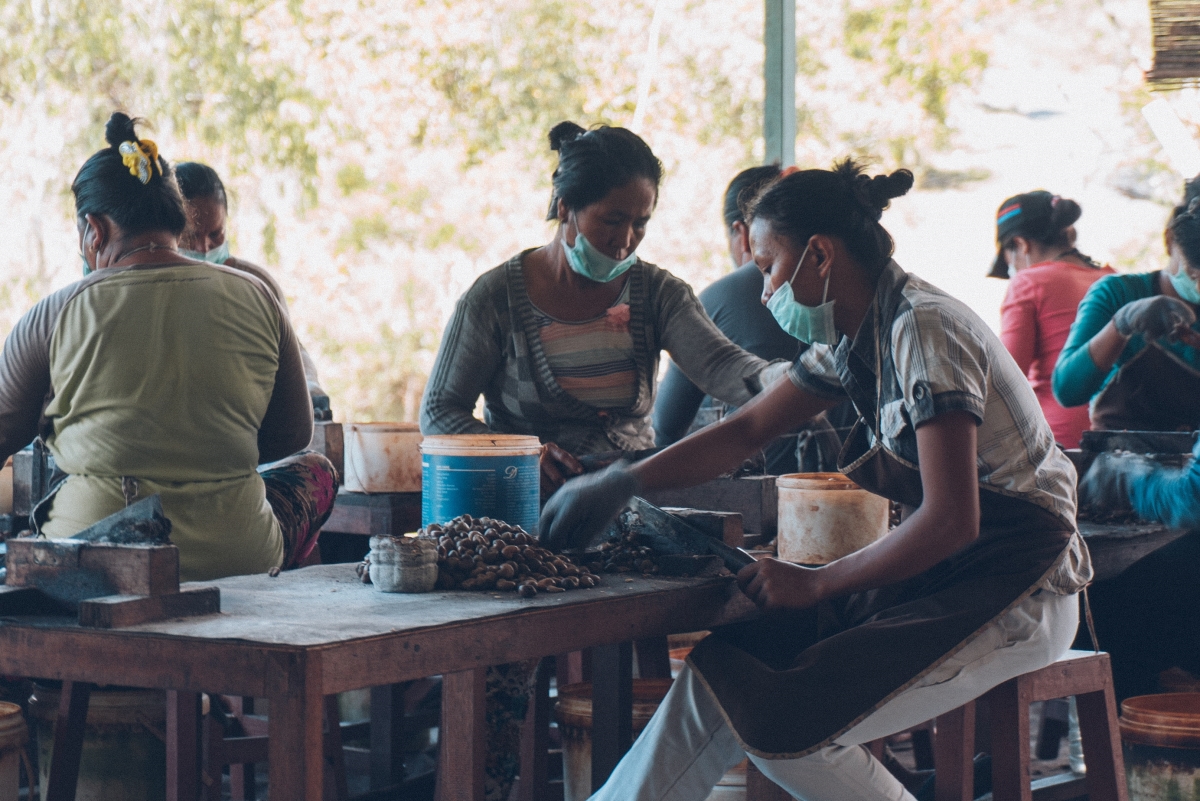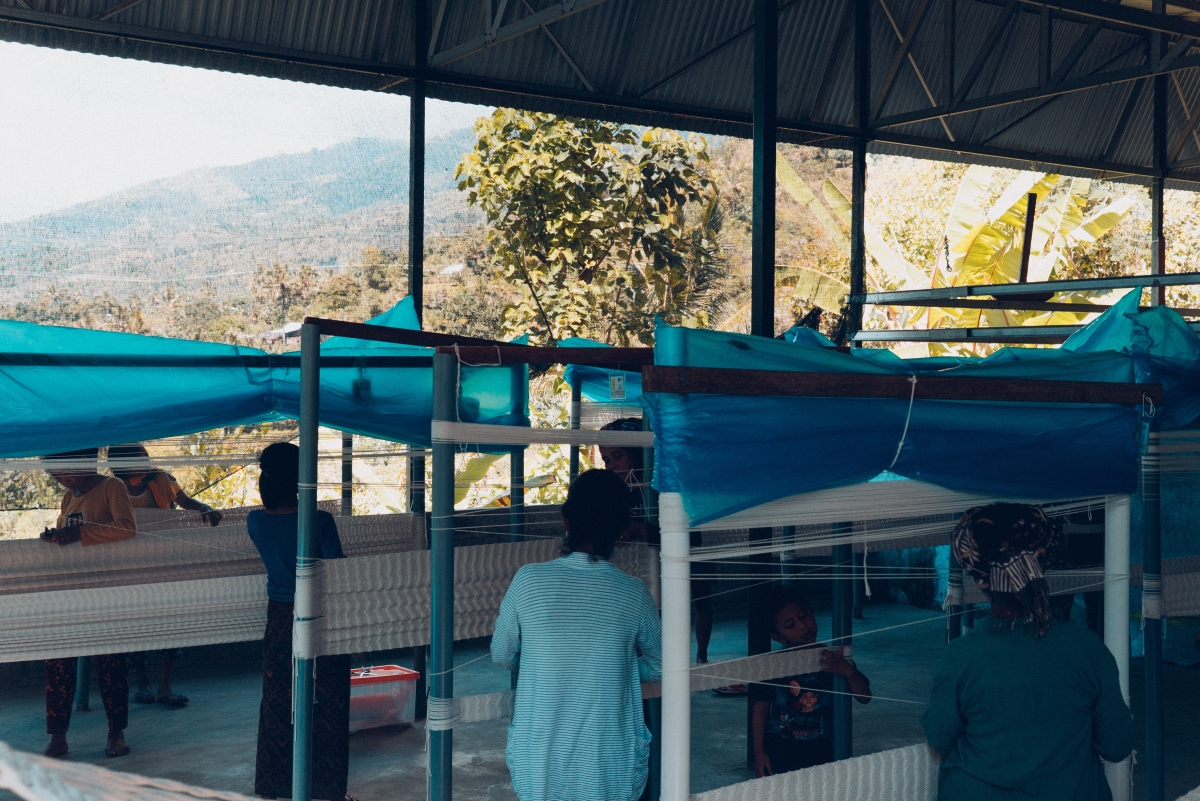These women are usually found on the streets of Bali's tourism hotspots, asking for money whilst sleeping on the streets. Children often accompany them and help collect money from both locals and often wealthier tourists.
Many of these families hail from rural areas of Bali, far from the well developed areas of Ubud and Kuta. Due to hardships in their villages such as the inability to grow crops due to infertile dry land, lack of adequate water supply and zero employment opportunities, these women feel that their only way to survive is by begging.
They make trips to the developed areas to beg together with their children for days at a time, sleeping on the streets and eating what they can. With tourists often giving compassionate hand outs to the women, it unfortunately encourages more and more women to join in the begging as they see it as a way to make some quick money.
However, this life is not sustainable for these women and unfair on their children who are prevented a proper education due to this situation.

Thus a Swiss based foundation, Future for Children, along with local project managers, Yasyan Dian Desa and Mitra Samya decided to take action where the Balinese government had not, over 10 years ago.
Their first programme was to develop an adequate source of water for a village on the side Mount Agung in North East Bali, where of the begging women hailed from. Munti Gunung's rain water collection system was built in order to encourage the women to stay in the village as prior to this they had to walk 5 hours daily to collect water from the nearest lake.
Once the women had water they were able to use the time they would've otherwise spent trekking to the lake to perhaps work. However with no jobs available in this area of Bali, the foundation decided to create social enterprises to employ the women who are now able to work making palm leaf baskets, hammocks, traditional batiq fabrics and cashew nut production.
These social enterprises are lead by local Balinese people and those who buy their products understand the true value of the work. Not only are the products of high quality but by purchasing them, it is helping to pay the wage for a women and her family who would otherwise be out on the streets begging.

One of Bali's most renowned restaurant chains, "Bali Bunda" is all too aware of the social importance of these products. They are proud to sell the Munti Gunung cashews in their "Bunda Mart" and continue to empower the women by selling the product of their labour. Bali Bunda were essential to the production of the documentary and are the proud sponsors of it.
With many of the women in the area now in full time employment, their children can go to school and look forward to a good education - rather than formerly spending their time on the streets with their mothers.
The women themselves have become empowered to change their own lives. If they would like to work then an amazing opportunity is now there for them that previously did not exist.
Future for children is changing the social landscape of Bali's poor and hopes to keep on growing to offer more and more women employment instead of begging on the streets.
Harapan film link: https://www.facebook.com/markorandelovic/videos/1192461604133769
Munti Gunung Social Enterprises: http://muntigunung.com/
Bali Bunda: http://www.balibuda.com/
Marko Randelovic: http://markorandelovic.com/
Source : Marko Randelovic


















